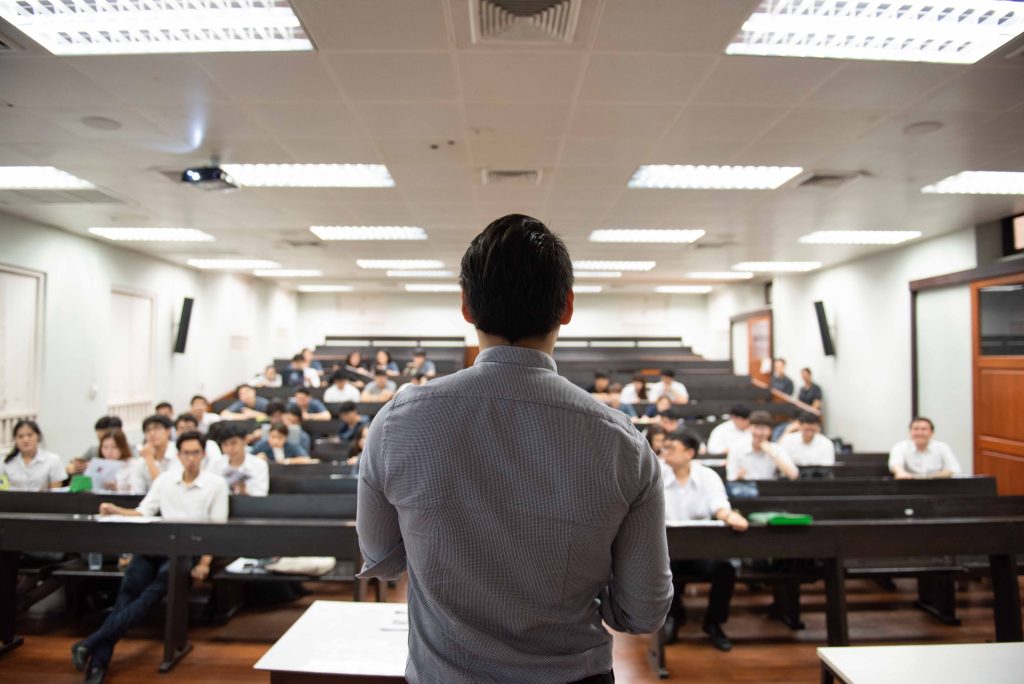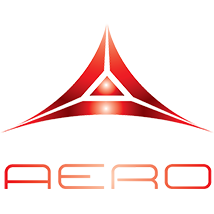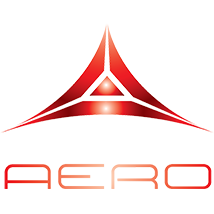About Aerospace Engineering
Program
Established in 2006, the Aerospace Engineering program at the International School of Engineering, Chulalongkorn University, was designed to cultivate globally competent engineers for the rapidly evolving aerospace sector. The curriculum places particular emphasis on emerging trends in unmanned aerial systems (UAS), and urban air mobility (UAM), space technology, aviation business operation, aviation sustainability and etc. As the aerospace industry undergoes transformative growth, the program ensures that graduates are prepared to contribute meaningfully to innovations in sustainable space exploration, advanced drone technologies, and next-generation urban air transport. In the program, students are prepared for careers across a broad spectrum of the aerospace industry, including aviation business and operations, engineering and technical disciplines, emerging aerospace technologies, and sustainable aviation. Beyond technical knowledge, the program fosters leadership, interdisciplinary collaboration, and innovation, preparing graduates to drive the development of future aerospace systems. With strong professional and entrepreneurial training, students are empowered to navigate and shape the future of aerospace engineering as leaders in space, drone, and sustainable aviation industries.


MISSION
The Aerospace Engineering program aims to develop innovative and skilled professionals who excel in advanced aerospace technologies. We focus on fostering collaboration and applying multidisciplinary knowledge to drive advancements in aerospace engineering, pursue further research opportunities, and succeed in industrial and aerospace applications.
PROGRAM EDUCATIONAL OBJECTIVES
1. GLOBAL CONTRIBUTION
Graduates actively contribute to the betterment of the aerospace engineering profession, with a particular eye towards Environmental, Social, and Governance (ESG) and Sustainable Development Goals (SDG) as they relate to aerospace engineering.
2. LEADERSHIP
Graduates take on roles of increased leadership and responsibility and work effectively and cooperatively as part of multidisciplinary teams that consist of members from diverse backgrounds.
3. MULTIDISCIPLINARY
Graduates pursue professional development through advanced studies, innovative, and entrepreneurial skills to allow them to practice competently in the aerospace industry as well as other related professions.
4. ADAPTIBILITY
Graduates should excel in Aerospace engineering and should be able to learn, develop, and adapt their skills to various Aerospace engineering challenges.
STUDENT OUTCOMES
- An ability to identify, formulate, and solve complex engineering problems by applying principles of engineering, science, and mathematics.
- An ability to apply engineering design to produce solutions that meet specified needs with consideration of public health, safety, and welfare, as well as global, cultural, social, environmental, and economic factors.
- An ability to communicate effectively with a range of audiences.
- An ability to recognize ethical and professional responsibilities in engineering situations and make informed judgments, which must consider the impact of engineering solutions in global, economic, environmental, and societal contexts.
- An ability to function effectively on a team whose members together provide leadership, create a collaborative and inclusive environment, establish goals, plan tasks, and meet objectives.
- An ability to develop and conduct appropriate experimentation, analyze, and interpret data, and use engineering judgment to draw conclusions to support engineering design decision.
- An ability to acquire and apply new knowledge as needed, using appropriate learning strategies.
ANNUAL STUDENT ENROLLMENT
The numbers of admitted students each year are
2018 Enrollment: 32
2019 Enrollment: 32
2020 Enrollment: 33
2021 Enrollment: 28
2022 Enrollment: 27
2023 Enrollment: 34
2024 Enrollment: 35


